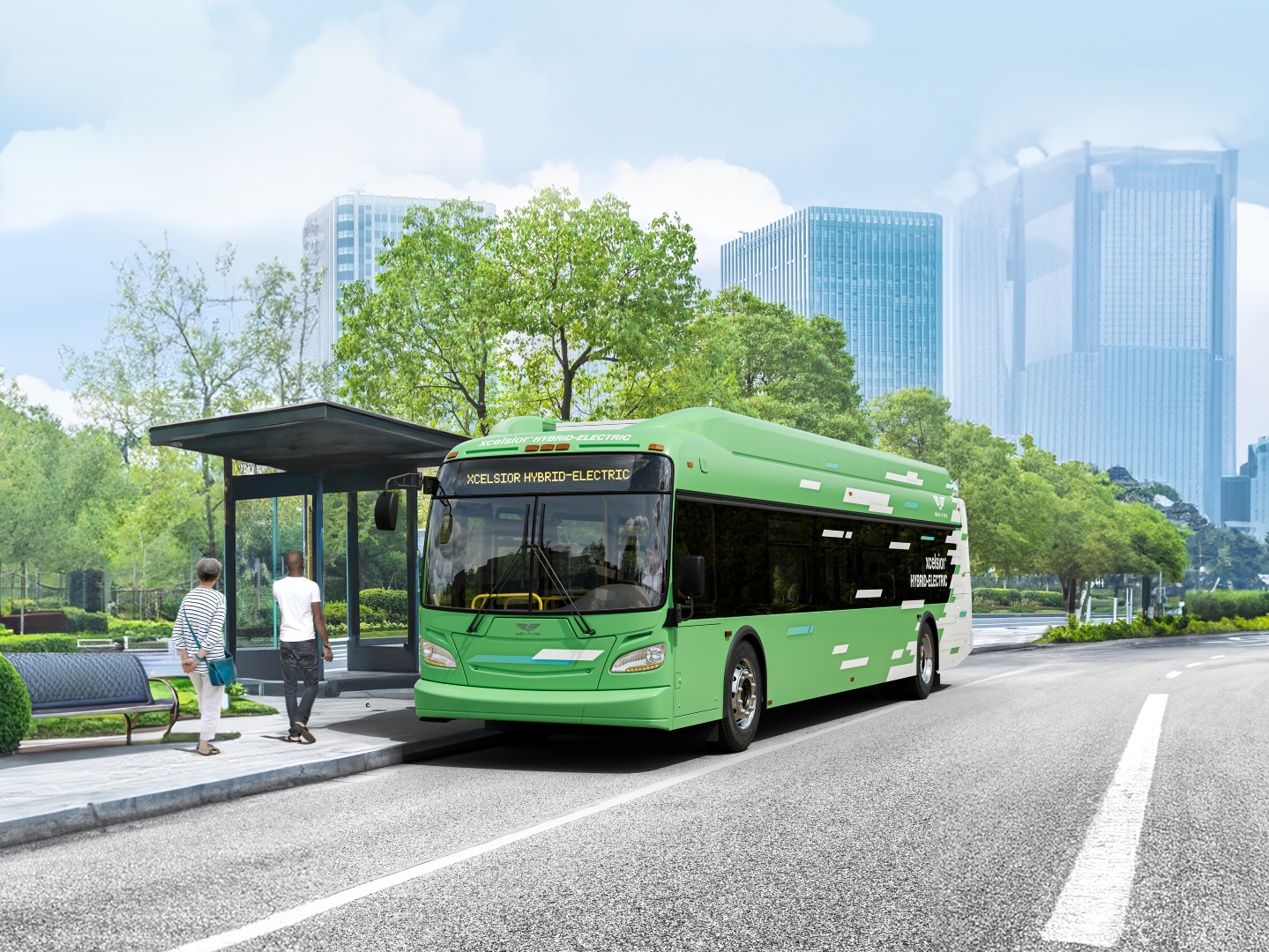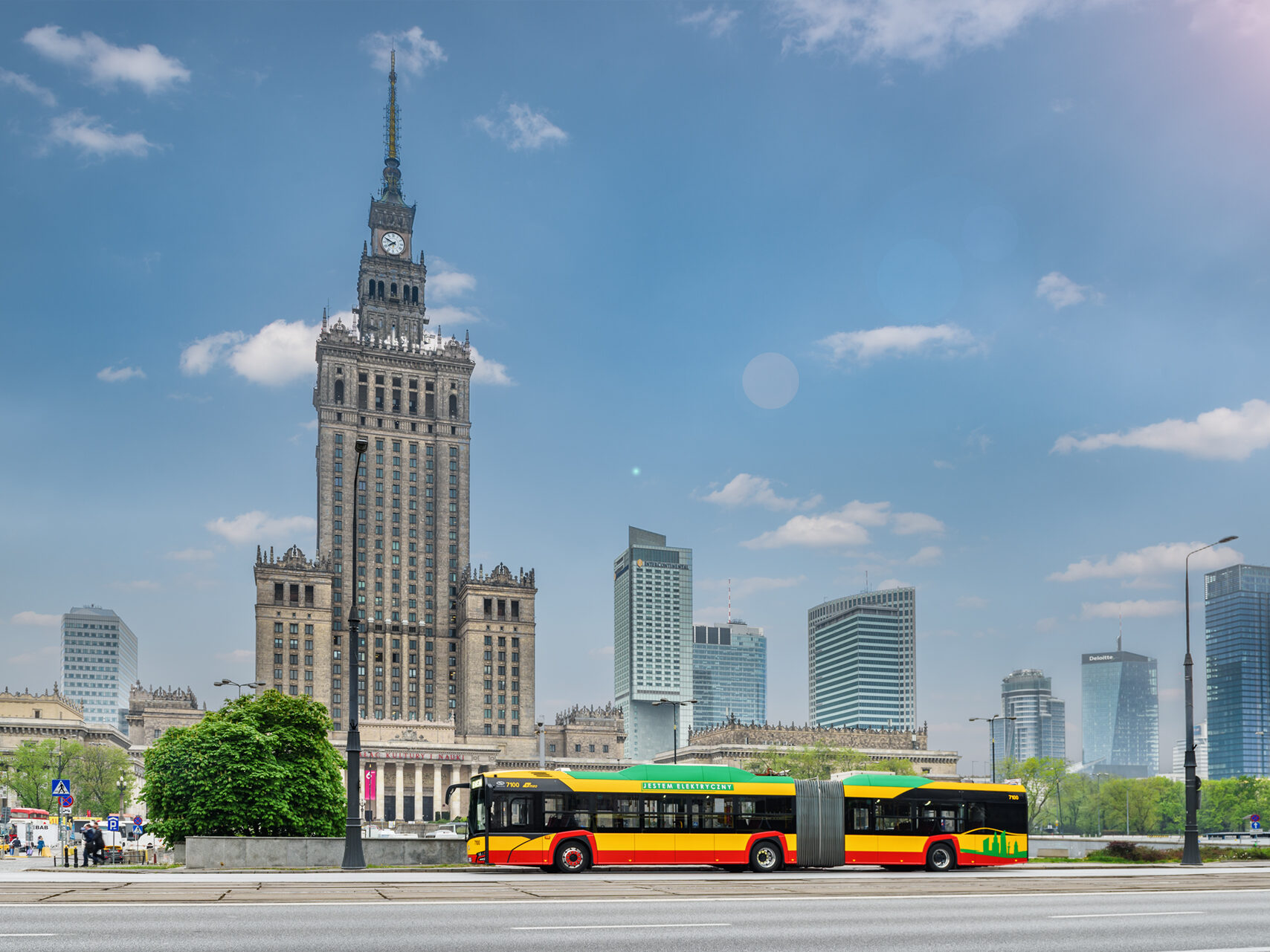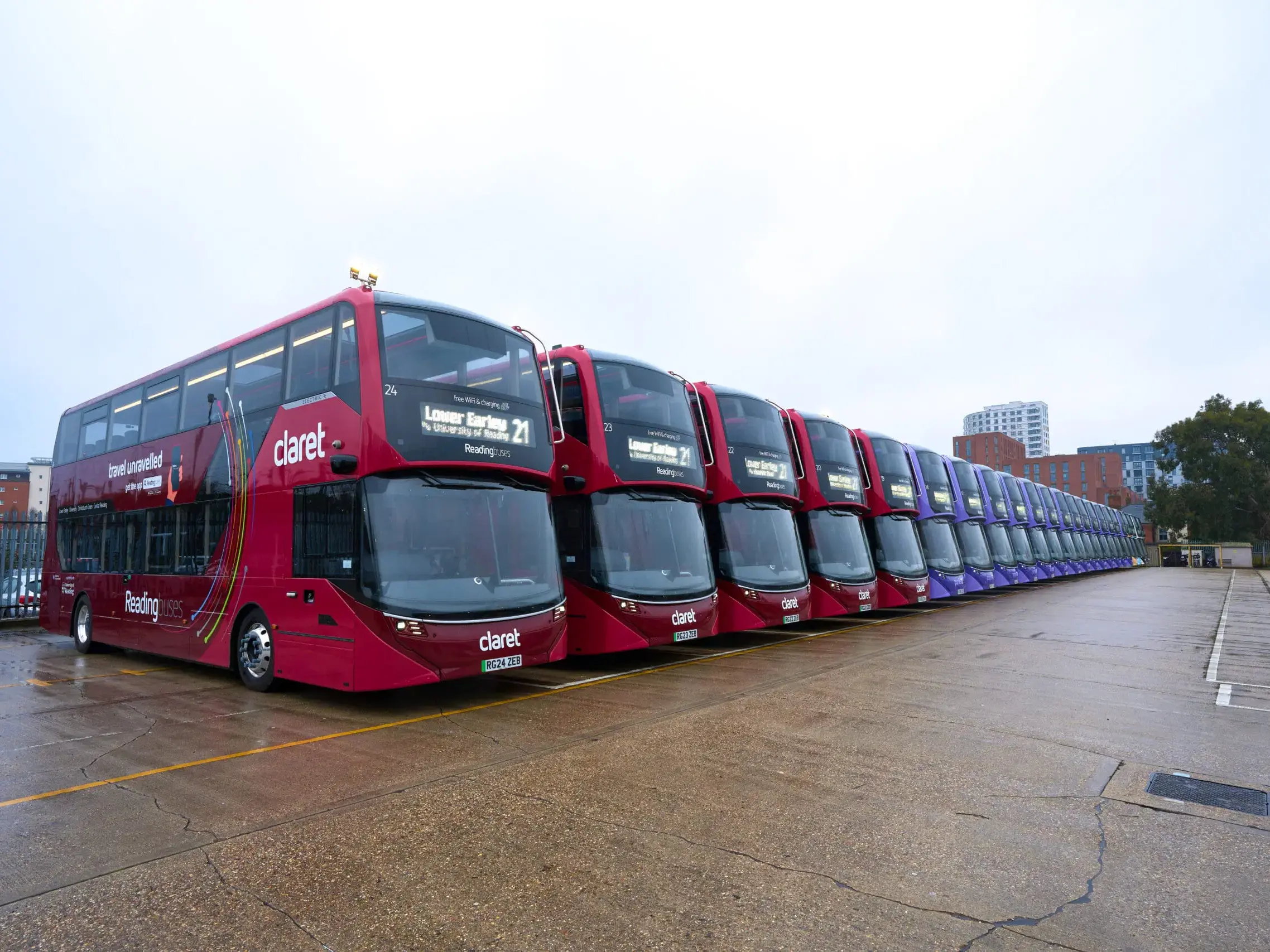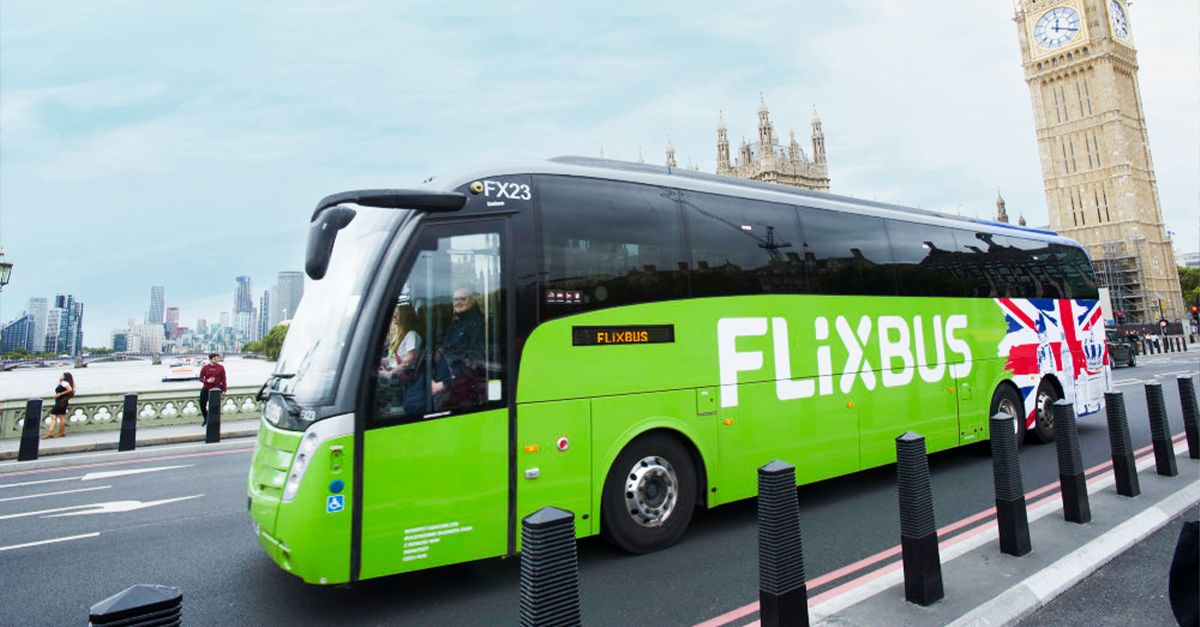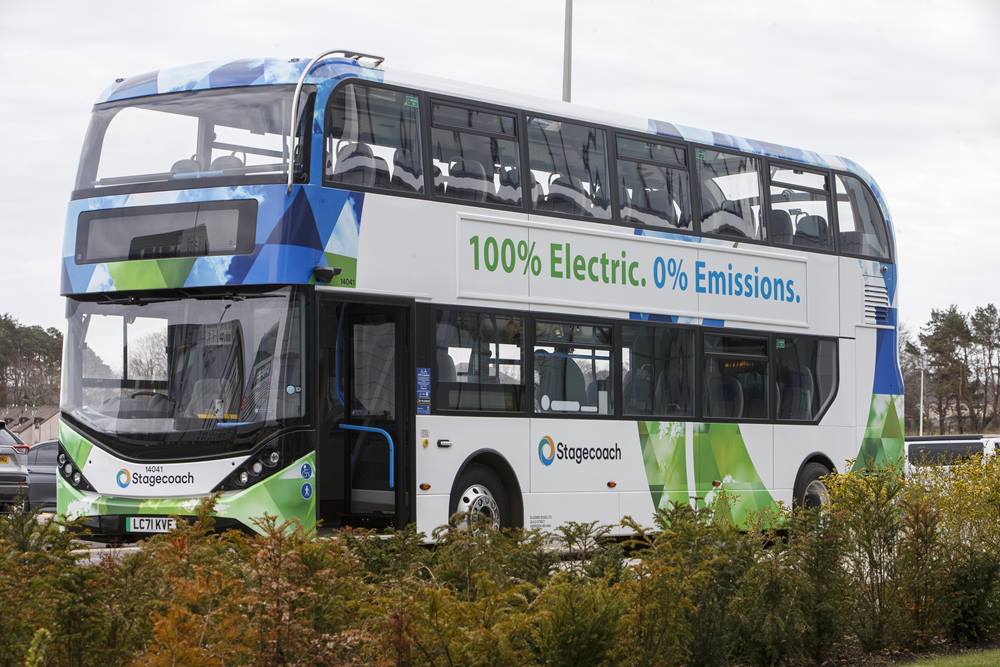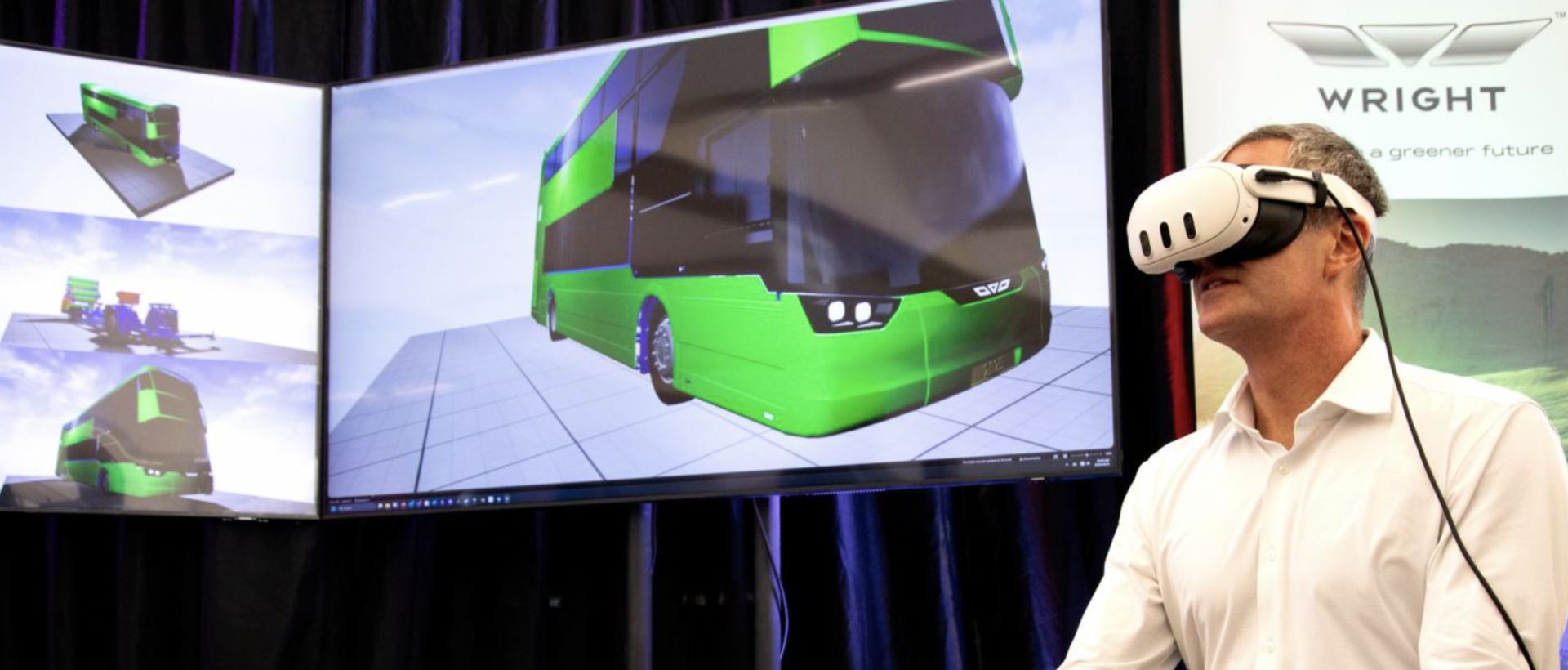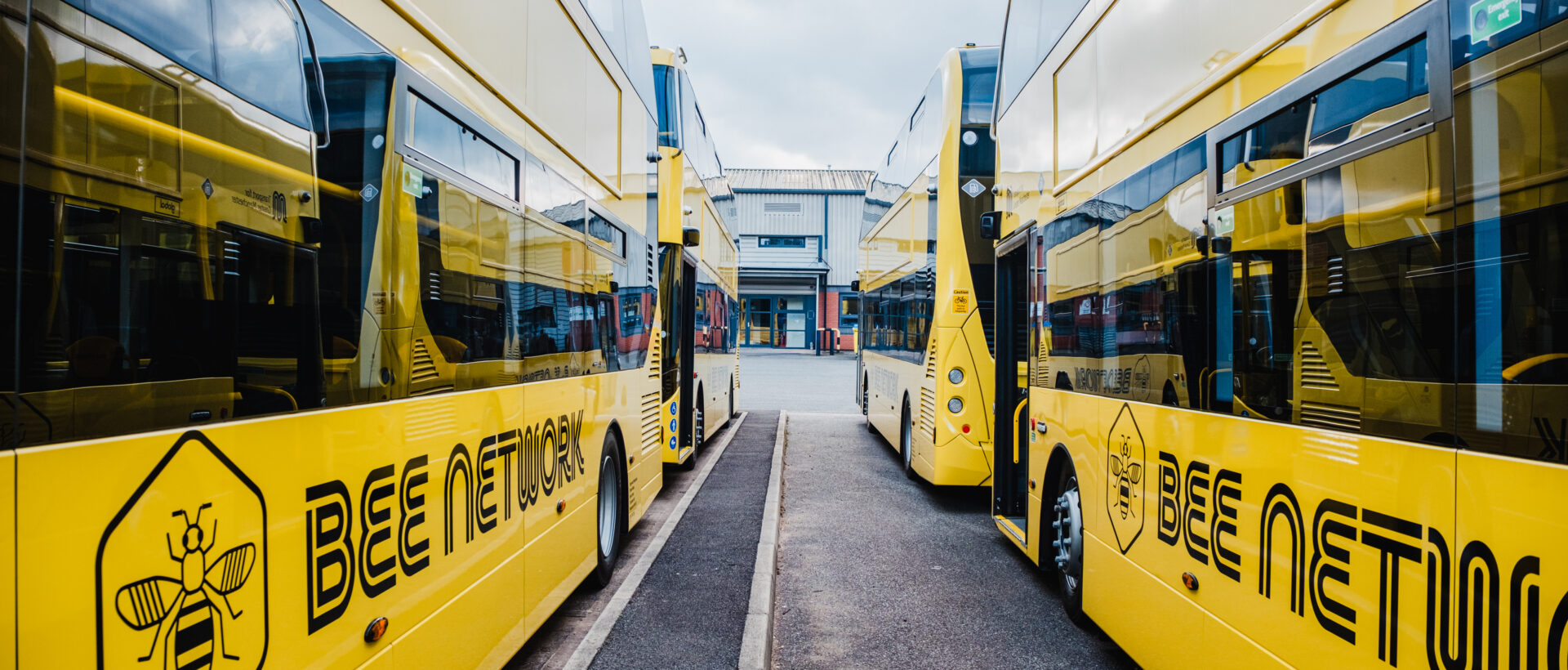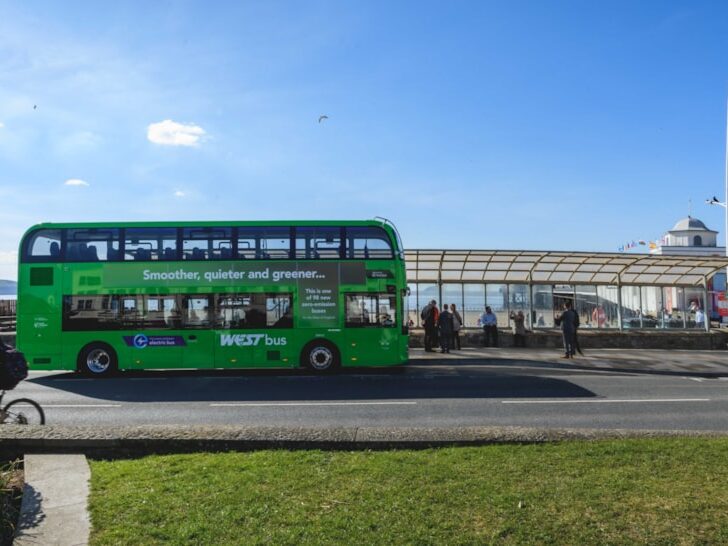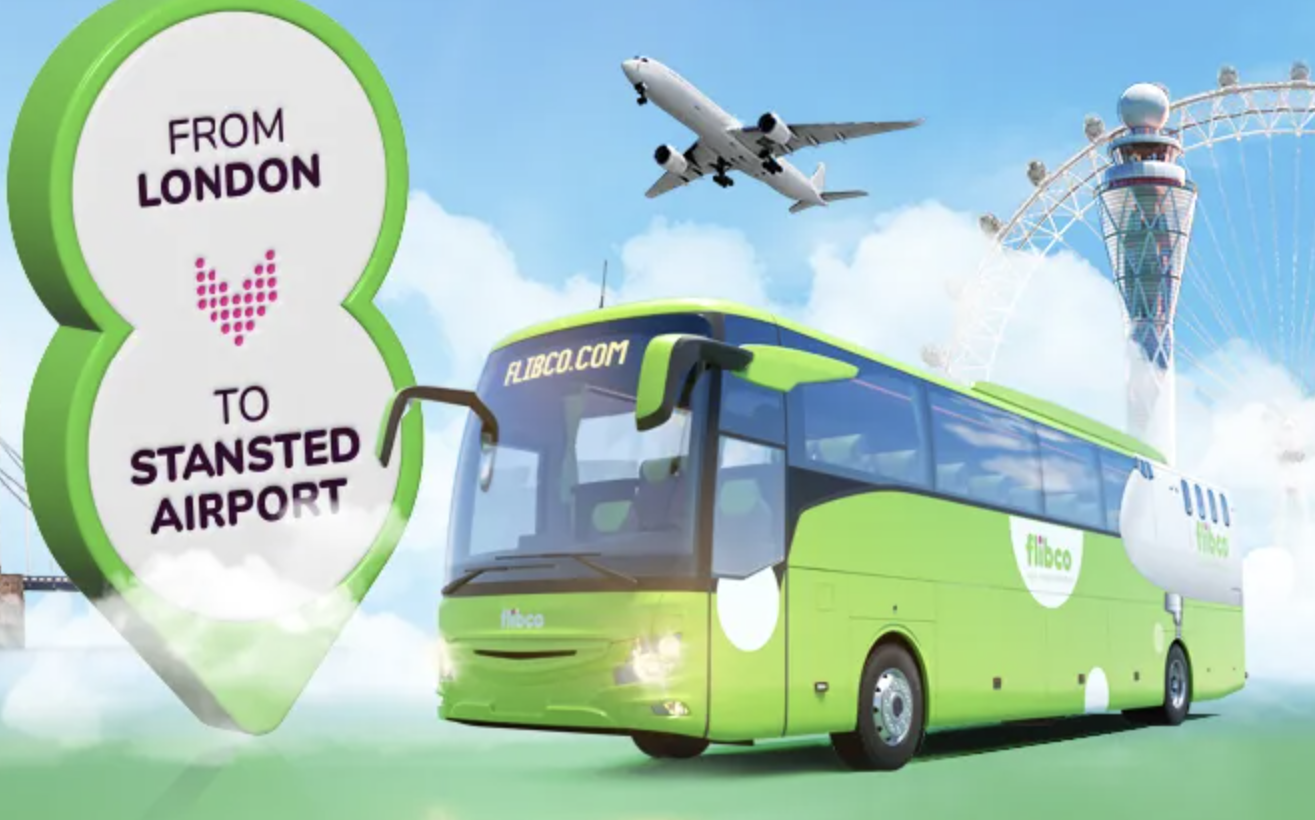National Express West Midlands has added 170 new electric Alexander Dennis double-decker buses to its fleet, bringing its total number of electric buses in operation to 329.
This represents nearly a quarter of the company’s entire bus fleet and is part of an ongoing investment in low-emission public transport services across the region.

The new vehicles—Alexander Dennis Enviro400 models—have been introduced as part of a 95 million GBP investment. According to National Express West Midlands, each electric bus is expected to reduce annual carbon emissions by an estimated 61 tonnes, contributing to a collective annual reduction of around 20,000 tonnes.
Antony Goozee, Bus Strategy and Commercial Director at National Express West Midlands, said:Replacing our diesel buses with electric vehicles and modernising our depots are key steps in our journey towards operating a fully zero-emission bus fleet by 2030. These new clean, green double-decker buses are not just about improving efficiency and reducing our environmental impact, they also deliver a better experience for our passengers with quieter, smoother and more comfortable journeys.
The company has also completed infrastructure upgrades at its Yardley Wood depot in Birmingham. Originally opened in 1938, the facility has now been fitted with new electric charging infrastructure to support the expanded electric fleet. Its Perry Barr depot is also undergoing a similar upgrade, expected to be completed in the near future.
The transition is supported by Zenobē, a company specialising in electric vehicle fleet services and battery storage. Zenobē is providing an ‘Electric Transport as a Service’ model. This includes financing the buses and on-board batteries, managing vehicle performance, and supplying second-life battery technology to improve charging efficiency during peak times. These batteries are repurposed from previously used electric bus batteries and integrated into depot energy systems.
The electric buses are powered by renewable electricity and take approximately four hours to charge. They can travel up to 280 kilometres per charge, depending on operating conditions.
The vehicles also feature USB charging points, updated passenger information displays, and increased accessibility for wheelchairs and buggies.











